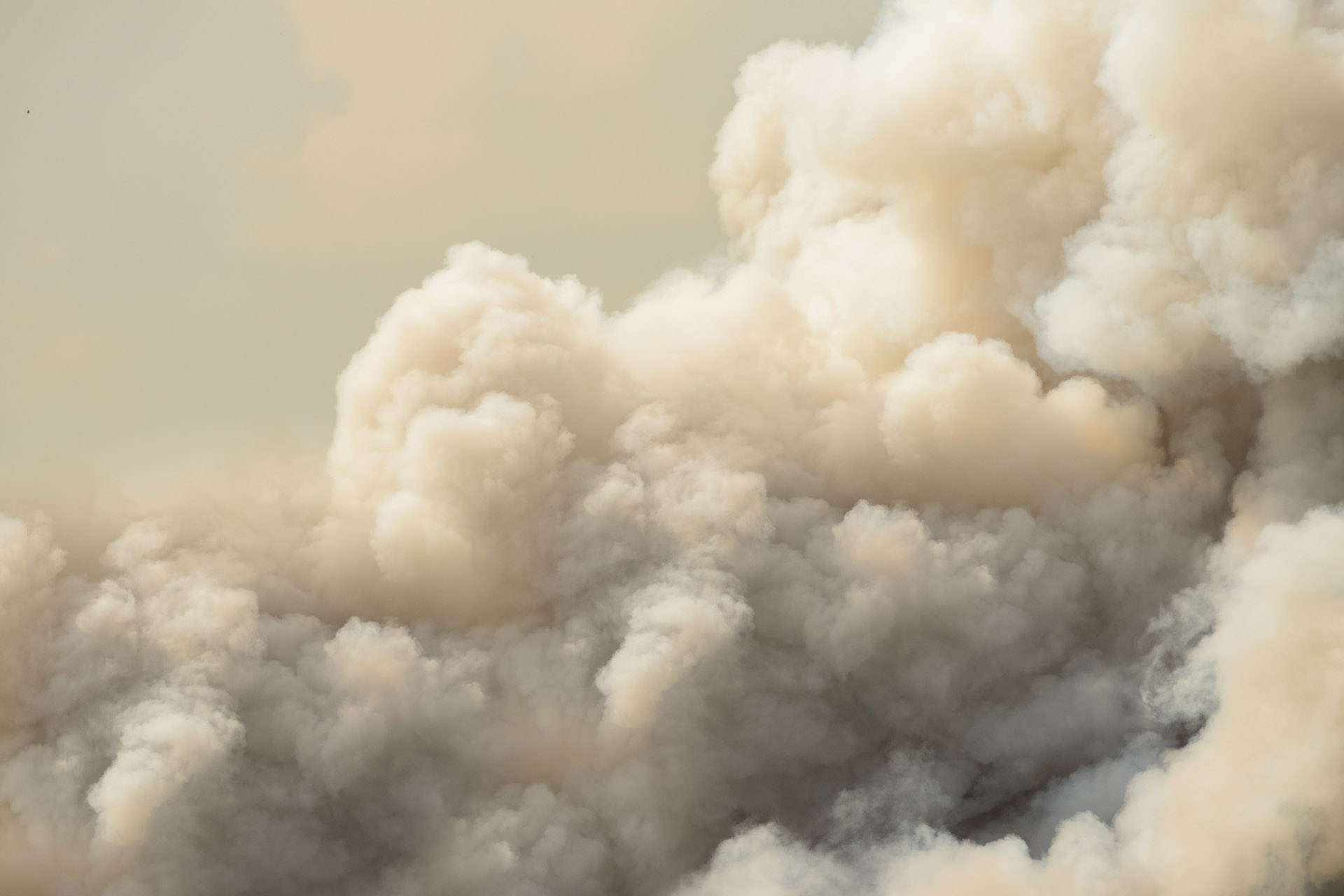This information and more is available on Kaiser Permanente My Doctor Online.
Smoke from wildfires creates unhealthy air. Everyone should follow basic precautions to stay healthy. People who have respiratory conditions such as asthma and chronic obstructive pulmonary disease (COPD) need to be extra careful.
Basic precautions for wildfire smoke and poor air quality
• Check air quality reports and use common sense. Air quality can change quickly. If it’s smoky, avoid outside activities.
• Stay indoors as much as possible. Close doors and windows.
• There are some important differences between masks that protect you from smoke (N95 masks) and those that protect you and others from COVID-19.
• Adults may benefit from using an N95 mask if they have one and must be outdoors. This helps protect you from unhealthy air. Masks must be fitted properly. Masks and cloth face coverings that help slow the spread of COVID-19 aren’t effective for smoke.
• We don’t recommend children wear N95 masks. N95s aren’t made for children and may not fit properly. They won’t protect them from smoke. Masks and cloth face coverings can also obstruct breathing in babies and young children. It’s best to keep children indoors to reduce smoke exposure.
• Don’t use bandanas or towels (wet or dry) or tissue held over the mouth and nose. These may relieve dryness but they won’t protect your lungs from wildfire smoke.
• Set your car air conditioner to recirculate air instead of drawing in outside air.
• Have a plan for where you’ll get care if needed, if you evacuate or leave the area.
• If you have a respiratory condition such as asthma or COPD, smoke can make symptoms worse or cause a flare-up. In addition to the basic precautions above, be sure to:
• Follow your asthma action plan.
o Use your daily asthma and COPD medicines, and any allergy medicine.
o Watch for symptoms, such as wheezing, chest tightness, shortness of breath, or difficulty breathing.
• If you have an asthma or COPD flare up:
o Use your daily asthma and COPD medicines, and any allergy medicine.
o Use your quick-relief medicine (albuterol) as needed.
o Try not to panic. Timely treatment at home may help prevent serious breathing problems.
• Kaiser Permanente members: call our 24/7 Appointment and Advice line at 866-454-8855 if you’re still having symptoms after using your medicine, or you need an urgent refill.
Additional References
• Wildfire Smoke Factsheet: Reduce Your Smoke Exposure
• Wildfire Smoke Factsheet: Protecting Children from Wildfire Smoke and Ash
• Wildfire Smoke Factsheet: Indoor Air Filtration




